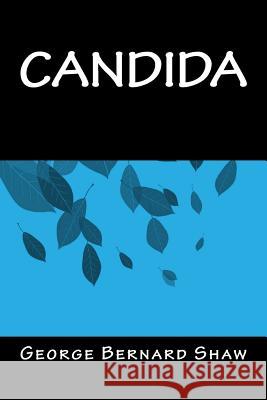Candida » książka
Candida
ISBN-13: 9781535290616 / Angielski / Miękka / 2016 / 42 str.
Candida, a comedy by playwright George Bernard Shaw, was written in 1894 and first published in 1898, as part of his Plays Pleasant. The central characters are clergyman James Morell, his wife Candida and a youthful poet, Eugene Marchbanks, who tries to win Candida's affections. The play questions Victorian notions of love and marriage, asking what a woman really desires from her husband. The cleric is a Christian Socialist, allowing Shaw-himself a Fabian Socialist-to weave political issues, current at the time, into the story. Shaw attempted but failed to have a London production of the play put on in the 1890s, but there were two small provincial productions. However, in late 1903 actor Arnold Daly had such a great success with the play that Shaw would write by 1904 that New York was seeing "an outbreak of Candidamania." The Royal Court Theatre in London performed the play in six matinees in 1904. The same theatre staged several other of Shaw's plays from 1904 to 1907, including further revivals of Candida. Candida presents a youthful figure whose informal moral reflections help other characters to understand their lives better. This youth is the nervous eighteen-year-old nobleman Eugene, who returns with Candida to her house and husband in London. Candida's husband is the socialist reverend Morell, a famous speaker who also runs his household in an egalitarian fashion; since there is only one maid, Morell, his wife, and his secretary assume some of the household chores. Morell seems very much in control of his world until Eugene tells him that he (Eugene) is in love with Candida and that she is probably repulsed by Morell. Eugene's revelation and reflections undermine Morell's apparent security and control and show his fragility. An additional complication arises when Morell's despised father-in-law, the unscrupulous businessman Burgess, comes to talk to Morell for the first time in three years. Burgess is appalled at Morell's suggestion that they would get along fine if they agreed to be honest with each other. Morell should openly consider Burgess a scoundrel and Burgess should openly call Morell a fool.
Zawartość książki może nie spełniać oczekiwań – reklamacje nie obejmują treści, która mogła nie być redakcyjnie ani merytorycznie opracowana.











